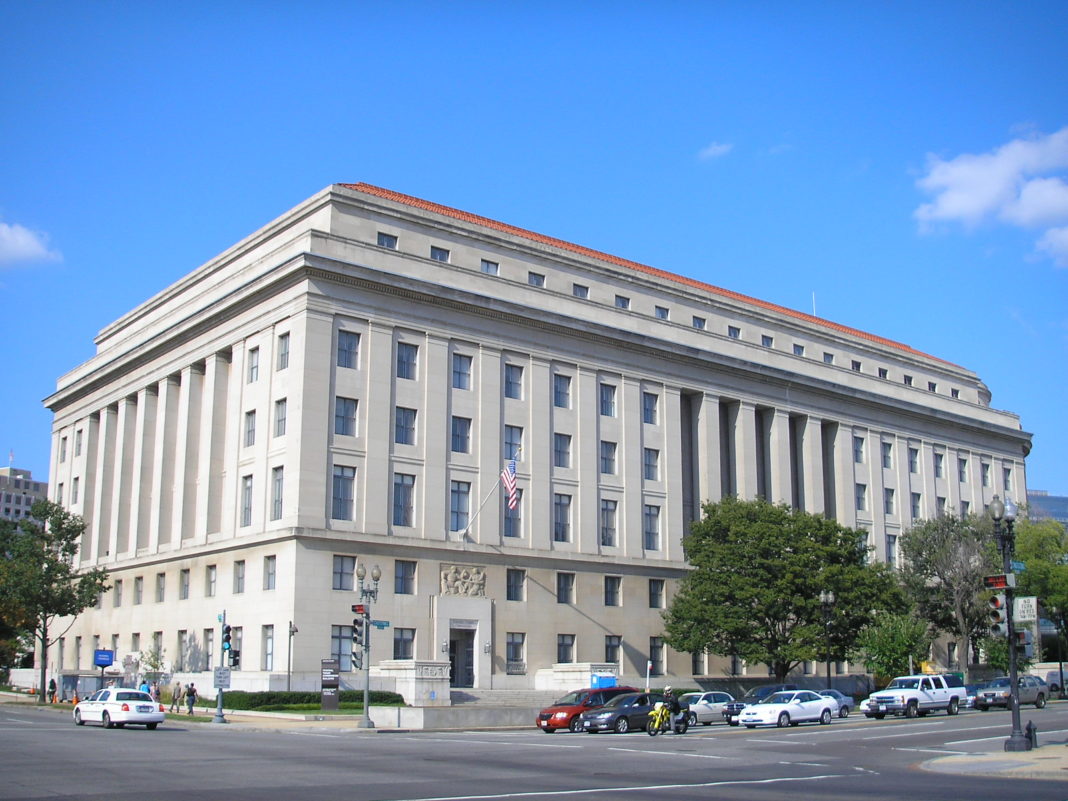The rule gives the FTC stronger tools to combat those that impersonate government agencies and businesses, enabling the FTC to file federal court cases seeking civil penalties
The Federal Trade Commission’s new rule on government and business impersonation is now in effect.
This new rule is particularly important given the Supreme Court’s April 2021 ruling in AMG Capital Management LLC v. FTC, which significantly limited the agency’s ability to require defendants to return money to injured consumers.
For example and without limitation, the new rule would enable FTC attorneys to directly seek monetary relief in federal court from scammers that:
- Use government seals or business logos when communicating with consumers by mail or online.
- Spoof government and business emails and web addresses, including spoofing “.gov” email addresses or using lookalike email addresses or websites that rely on misspellings of a company’s name.
- Falsely imply government or business affiliation by using terms that are known to be affiliated with a government agency or business (e.g., stating “I’m calling from the Clerk’s Office” to falsely imply affiliation with a court of law).
The FTC is also accepting public comments until April 30, 2024, on a supplemental notice of proposed rulemaking that would prohibit the impersonation of individuals and prohibit providing scammers with the means and instruments to execute such scams.
Richard B. Newman is an FTC defense lawyer at Hinch Newman LLP. Follow FTC defense attorney on National Law Review.
Informational purposes only. Not legal advice. May be considered attorney advertising.




